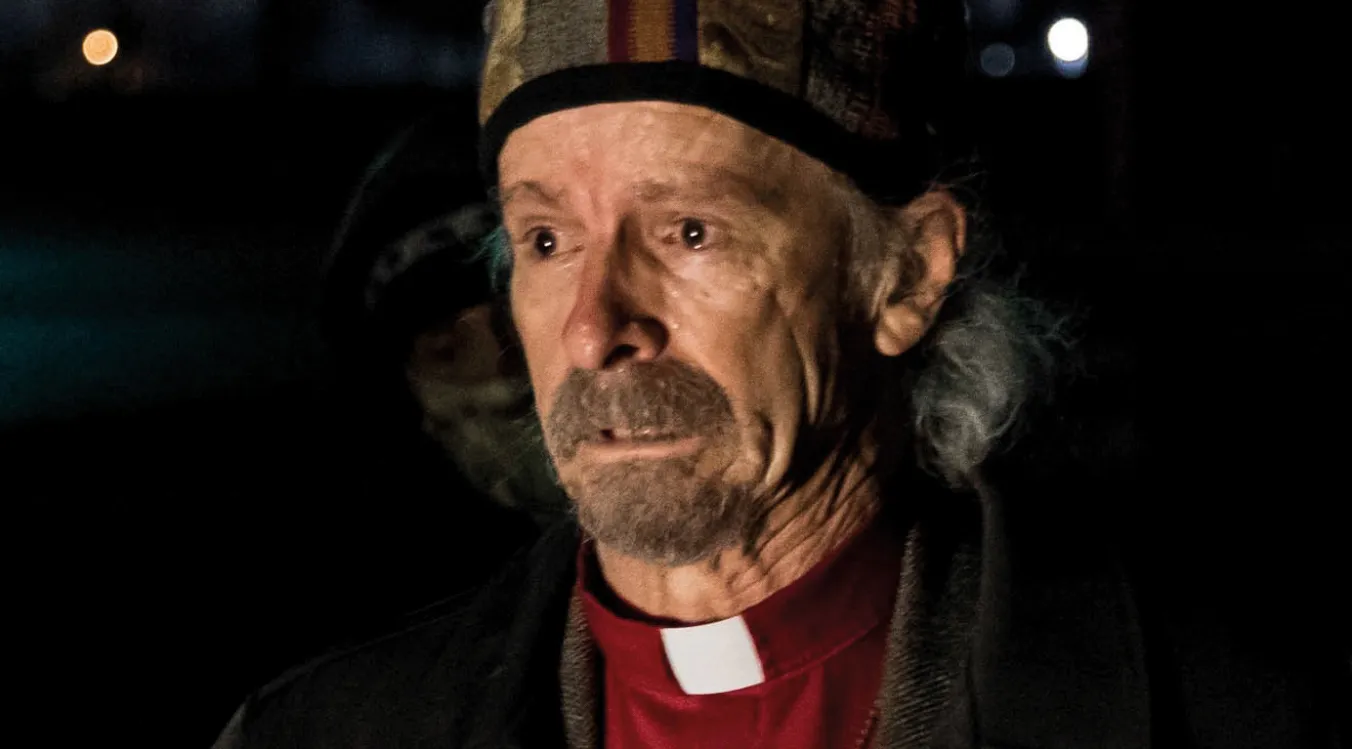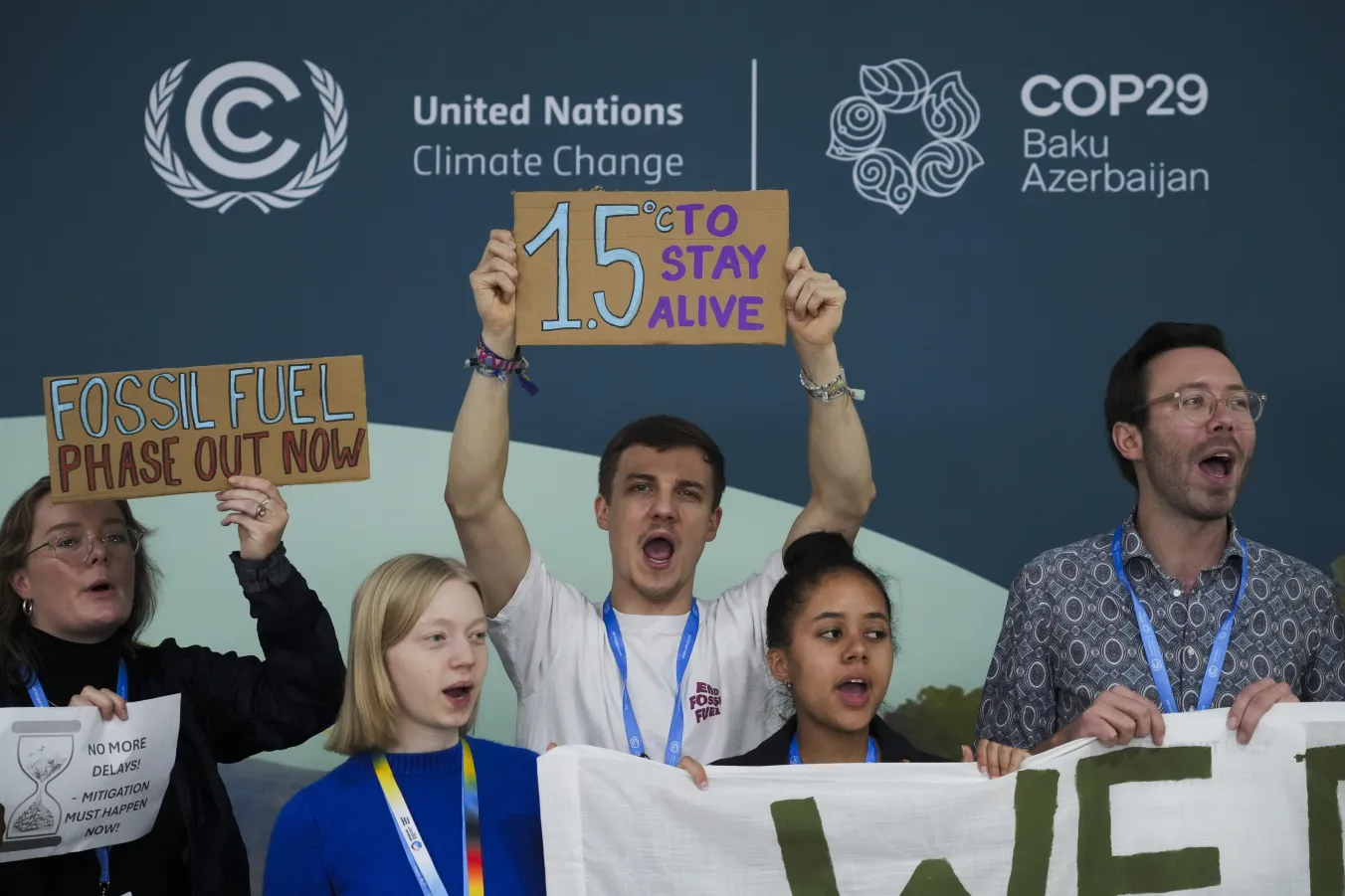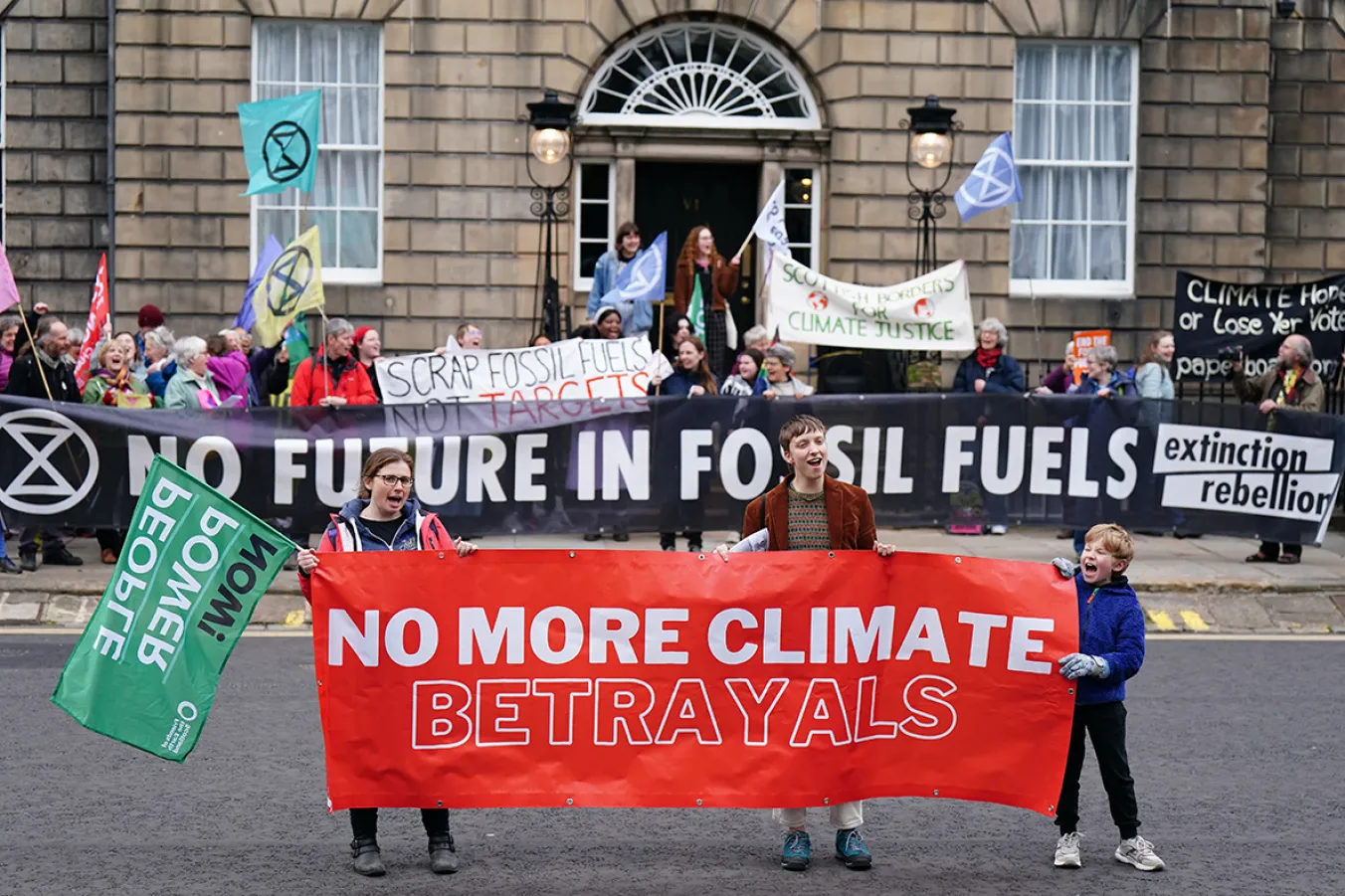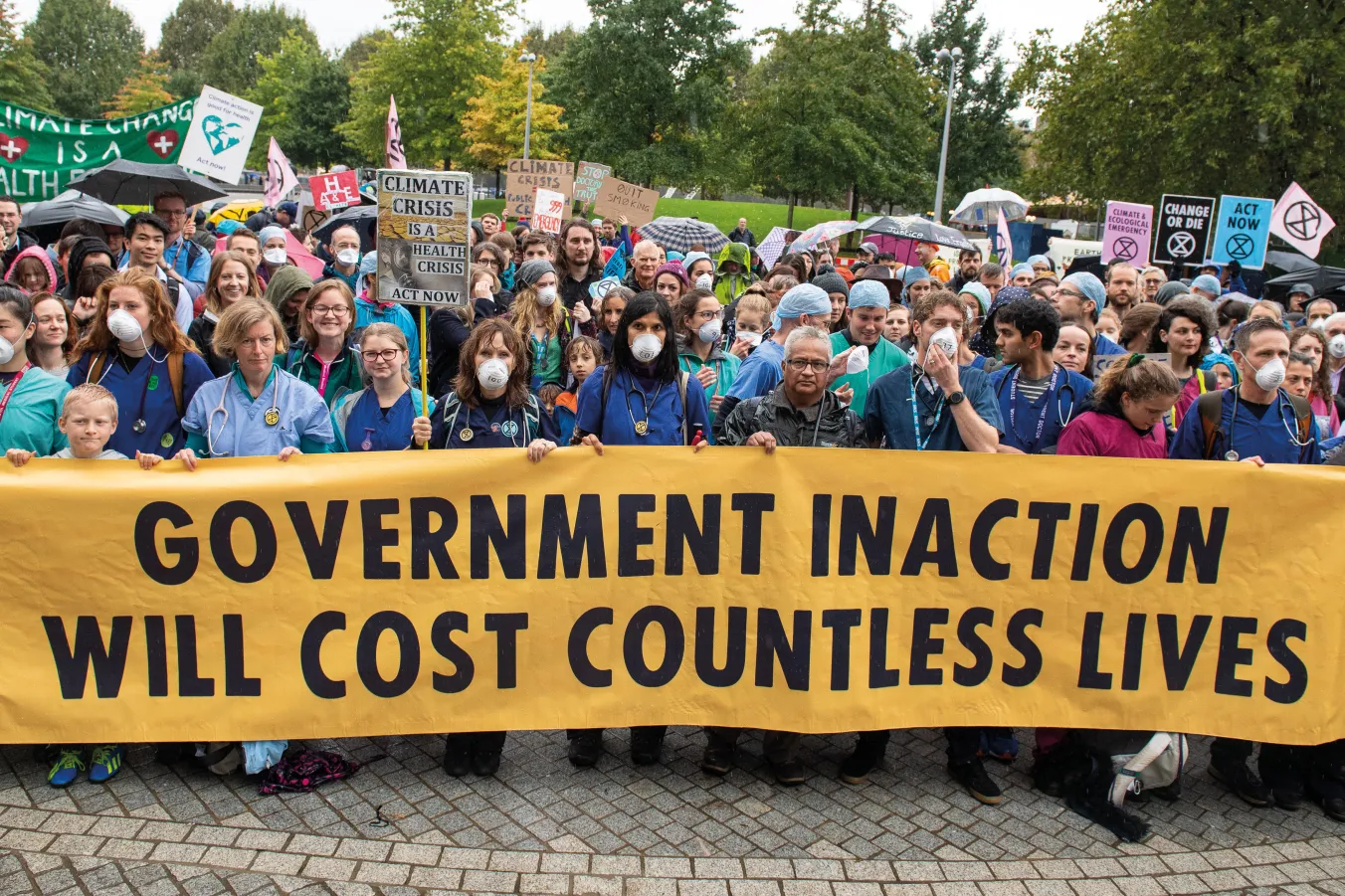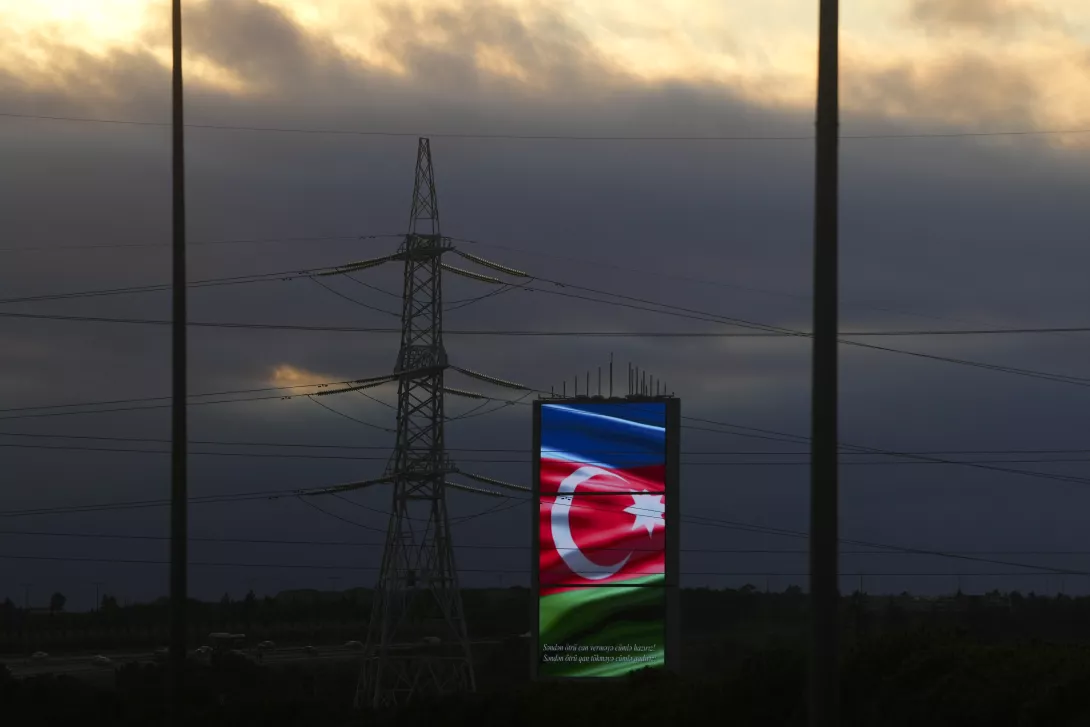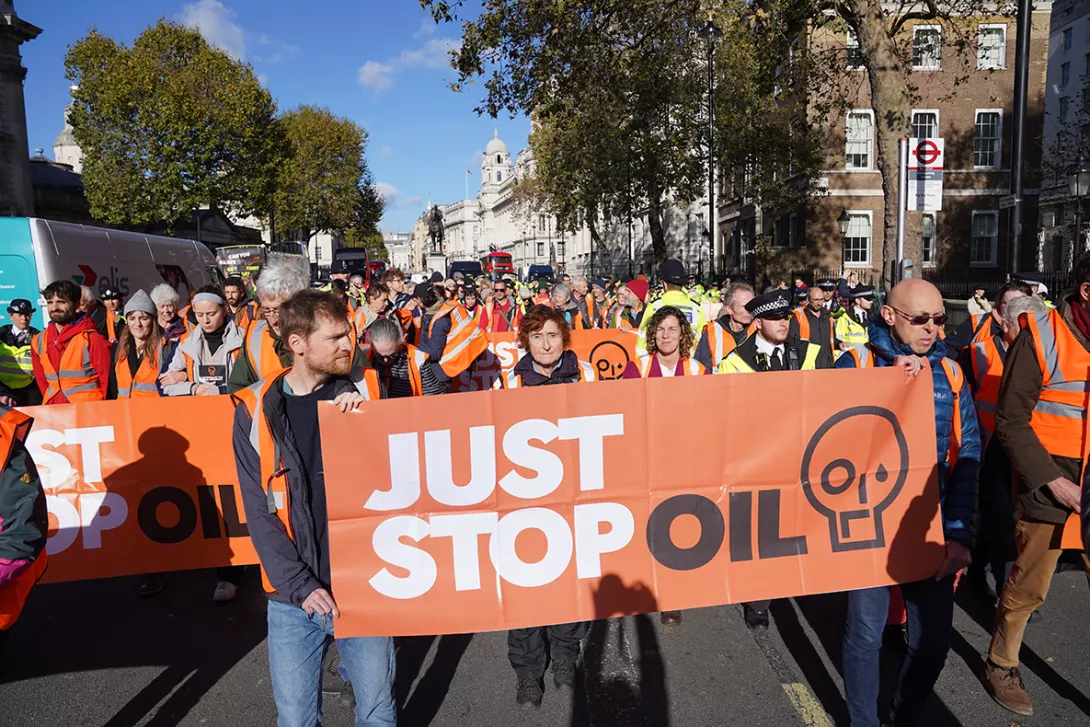
EARLIER this year Professor Dana R Fisher, of the American University in Washington DC, published Saving Ourselves: From Climate Shocks to Climate Action, a short book on the worsening climate crisis and how concerned citizens can win the systematic change needed to successfully address the existential threat.
IS: It is commonly believed, even by many on the left of the political spectrum, that disruptive, shocking actions carried out by groups such as Just Stop Oil are detrimental to their cause and the wider climate movement. What does your own work, and the wider research evidence, say about this?
DRF: Although confrontational activism is unpopular (and has been since at least the time of the civil rights movement), activism that involves non-violent civil disobedience is well documented to expand movements, draw attention to issues and expand support for an issue (but not a specific group or social movement tactic).



